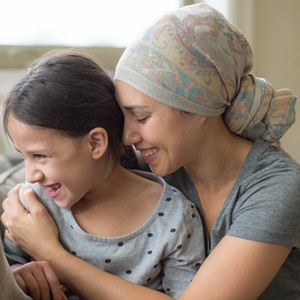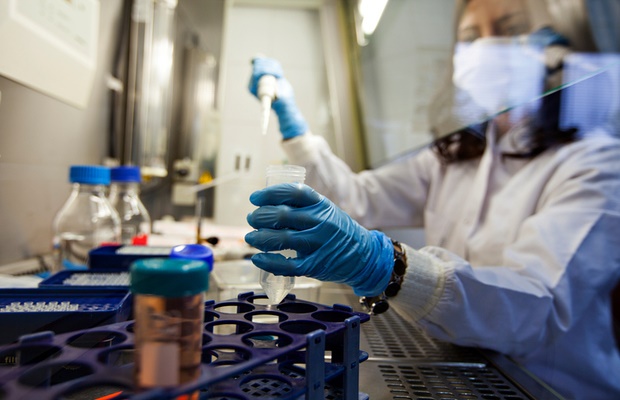
We often hear how cancer is linked to genetics, especially when there is a strong occurrence of cancer in your family.
But while only 5–10% of cancers are caused by an inherited gene mutation, genetic testing may benefit people with a strong history of family cancer, an expert in genetics suggests.
This is especially true in families with a history of breast, ovarian, prostate or pancreatic cancers (especially if you are of Ashkenazi Jewish descent), as well as colon and uterine cancers, said Monique Lubaton. She is a cancer genetic counsellor at LifeBridge Health in Baltimore.
Lubaton said there are many myths about inherited cancers and genetic testing.
1. If you have a genetic mutation, you will develop cancer
It is a myth that having an inherited genetic mutation guarantees a person will develop cancer. While most hereditary cancer syndromes have "moderate-to-high" risk levels, the risk can be reduced "with guided management", according to Lubaton – this means that you can decrease your cancer risk through lifestyle factors such as a balanced, healthy diet, moderate alcohol usage and quitting smoking.
Signs of hereditary cancer syndrome include:
- Cancers found before age 50
- The same type of cancer in three or more members on the same side of the family
- One or more family members with multiple cancers
People with rare cancers like medullary thyroid cancer and male breast cancer, or a history of more than 10 colon polyps, may also have hereditary cancer syndrome.

2. A woman can only inherit cancer from her mother's side of the family
Some people think a woman can't get a genetic mutation from her father. That's wrong, Lubaton said.
Nearly all hereditary cancer syndrome mutations can be passed down from either mother or father. But inherited mutations in these genes increase female carriers' risk of breast and ovarian cancers, she added.
3. If you've had cancer, you shouldn't worry about inherited genetic mutations
Another misconception is believing that if you've already had cancer, there's no need to find out whether you have an inherited gene mutation.
People with such mutations are at increased risk for multiple cancers over a lifetime, so it's important to know about these mutations, according to Lubaton.
"Also something important to know, there are now targeted therapies for individuals with genetic mutations," she said.
Lubaton said genetic testing is more affordable than most people think and insurance often covers the cost. In South Africa genetic testing is only covered by medical schemes in certain cases.
4. A negative test for BRCA1 or BRCA2 = no cancer risk
It is also a misconception that a negative test for a BRCA1 or BRCA2 mutation means a person does not have hereditary cancer syndrome.
In the general population, about one person in 500 has a BRCA1 or BRCA2 mutation. That compares to about one in 40 among the Ashkenazi Jewish population (Central or Eastern European).
While these mutations are the most common cause of hereditary breast or ovarian cancer, a negative genetic test does not mean there is no hereditary cancer risk, Lubaton explained.
"There are a number of other genes that are associated with hereditary cancer," Lubaton said in a LifeBridge Health news release.
Image credits: iStock




 Publications
Publications
 Partners
Partners
















